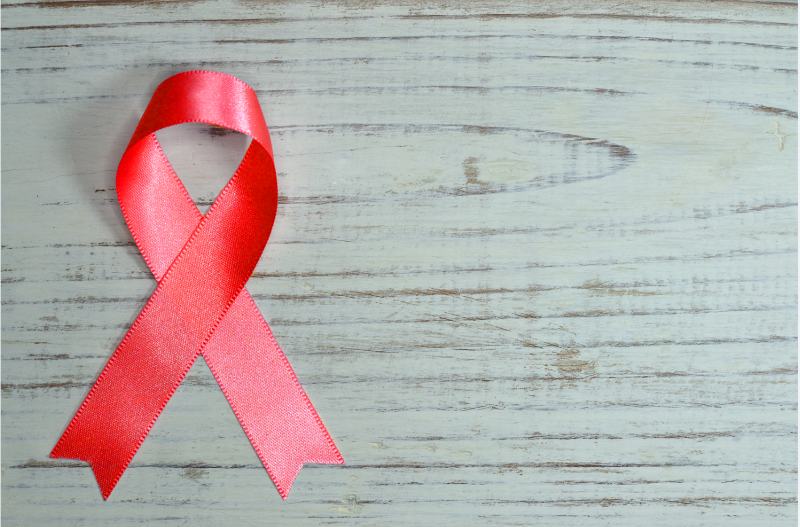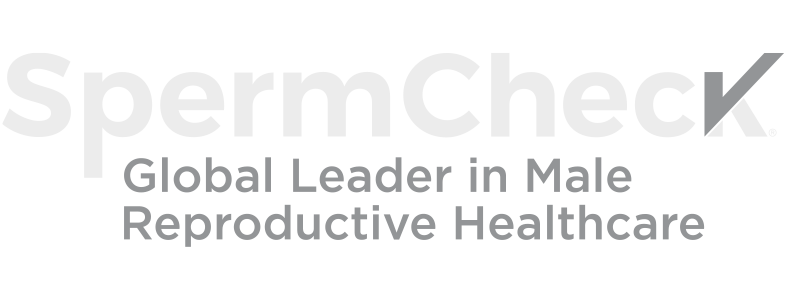
The HIV virus presents a host of major health repercussions—like acquiring immune-related illnesses, passing the infection on to offspring and sadly, death—but another consequence of the fatal disease is potential infertility issues for both men and women.
This year, December 1 marks the 30th anniversary of World Aids Day—an opportunity to unite in the fight against HIV, show support for the 36.7 million people living with HIV, and commemorate those who’ve died from an AIDS-related illness. It’s also the perfect time to examine infertility issues for those living with HIV.
World AIDS Day is Dec. 1
HIV is an infection that zeroes in on the immune system, which weakens the body’s ability to fight infection and disease. Even with treatment, HIV cannot be completely eliminated, and if it’s left to progress unchecked, could morph into AIDS—the most severe stage of an HIV infection.
World AIDS Day was founded in 1988 as the first-ever global health day and continues to generate awareness and support of those living with the disease. The organization also raises money to continue the fight against HIV and AIDS with its Red Ribbon campaign; you can order a free pack of 100 ribbons to fundraise for the National AIDS Trust and encourage friends and family to #rocktheribbon on Dec.1.
How HIV Affects Fertility
Men and women respond to HIV differently when it comes to ways that impact fertility. For men, the infection can trigger the production of insufficient testosterone levels—which can lower sperm production. It can also cause decreased sex drive and erectile or ejaculatory dysfunction. HIV could also cause inflammation of the testicles, which affects sperm function. For an HIV-positive man who is considering having a baby and is concerned about potential fertility issues, SpermCheck is an over-the-counter kit that can help you determine your fertility status discretely and accurately right at home.
Women carrying the HIV virus are more likely to stop getting their periods, which is obviously a huge impediment for getting pregnant. Secondary issues that could also affect fertility include stress, a weakened immune system, weight loss, and various STDs.
What can be done to prevent HIV?
The best way to offset HIV-related infertility is to avoid the virus in the first place. According to the Mayo Clinic, there are a few very important steps that need to be taken to prevent HIV:
- Use a new condom every time you have sex. Every time you have anal or vaginal sex, break out a new condom and use a water-based lubricant (if that’s your thing) since the oil-based variety can weaken condoms and cause them to break.
- Give your sexual partners the 4-1-1 on your HIV infection. You have to let current and former sexual partners know if you’re HIV-positive so that they can get tested too, and not infect their own partners.
- Use a clean needle. Make sure to use a sterile needle to inject drugs and to not share with anyone else.
- Get medical care right away if you are pregnant. You could pass the infection on to your baby if you are HIV-positive.
- If you are a man, consider circumcision. Evidence suggests that being circumcised helps reduce the risk of acquiring HIV for men.
Should a person with HIV have children?
While being HIV-positive can create a host of health-related issues, the option to have a baby doesn’t have to be one of them. When just one partner is HIV-positive (called a “discordant couple”), the biggest hurdle is conceiving without passing the infection along to a partner or baby; this can be achieved through a couple of different reproduction options for people with HIV:
- In Vitro Fertilization (IVF)
- Intrauterine insemination
- Intracytoplasmic sperm injection
According to research, all these techniques have delivered successful infertility-management results for couples with HIV. To prepare for any fertility option, some doctors suggest sperm- washing for HIV-positive men, which protects his partner and men from the virus. Another preventative technique is pre-exposure prophylaxis, commonly known as PrEP, which is an oral daily pill recommended by the Center for Disease Control and Prevention (CDC) to prevent infection for people considered high risk.
Even though HIV is a lifelong disease, if managed properly, people with the virus can not only live a long life but also enjoy one that might include biological children who are infection-free.



